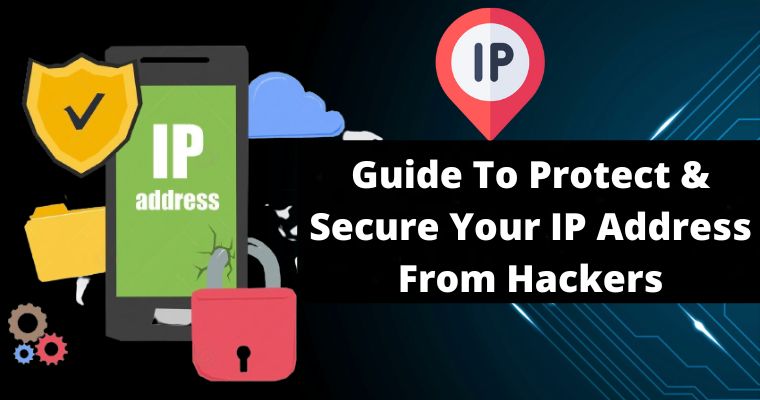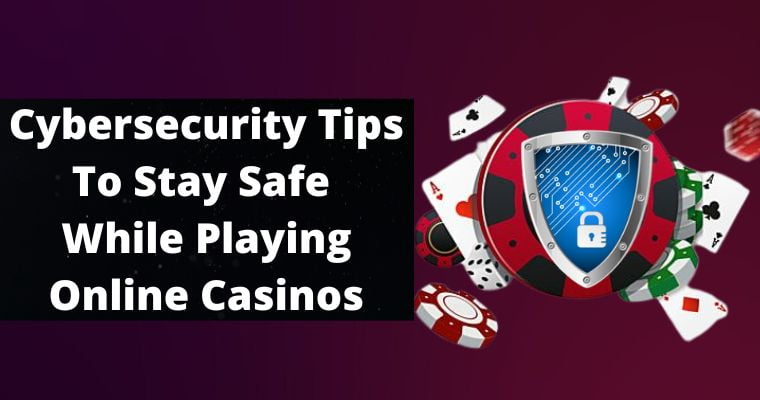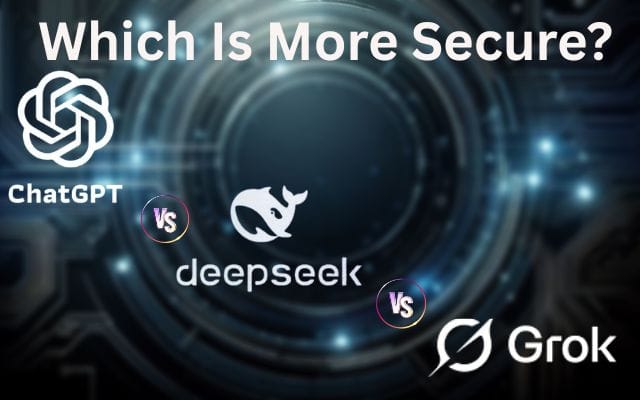There’s been a recent uptick in the number of instances of cybercrimes. Almost every day, there’s a new headline about a company being attacked by hackers or a data breach occurring in a major corporation.
More personally, though, there have also been greater occurrences of users getting doxxed online, people’s personal information being revealed onto public platforms, and ordinary online users becoming victims of hacking.
In this day and age, protecting your digital footprint is of paramount importance.
Even if you aren’t well-versed with technology, there’s no need to be scared of cybercriminals and hackers.
There are multiple ways to protect your data from unwanted third parties, some of which are as easy as pressing a button on your device. The basic thing is knowing how to hide your IP address from other users and websites.
Table of Contents
Understanding your IP address
Internet Protocol, better known as IP address, is the basic address that is given to a single device when it connects to the internet.
Simply put, it’s a marker of your identity. Every device that gets online receives a unique, personalized IP address, whether it’s a laptop or a smartphone or even a smart appliance.
The IP address is used to deliver and send content over the internet. Because of this, if your IP address is tracked, the third party will be able to see what you use the internet for, how you use it, when you use it, and even where you use it from.
For example, if your recent search included items from your grocery shopping list, you’re likely to see advertisements about essential products or fresh produce for the next few days!
Whilst something like personalized advertisements seems innocent and even helpful, it’s important to realize that this information can be used for fraudulent purposes.
The Dangers of Getting Your IP Address Tracked
Since your IP address is unique to your device and location, if it becomes tracked by a hacker, there’s a chance you may face troubles in your browsing.
Hackers can block you from visiting websites or even accessing content, and can also stop you from uploading your content, as well.
Beyond this, they can also perform a DoS attack (Denial of Service attack) which can overwhelm your network with more traffic than it can handle. This can cause lags, can take up your bandwidth, and stop the flow of incoming data.
If a hacker is insistent, they can also unveil your personal information such as your area code, address, and even your name. Although most hackers target organizations for monetary gain, some personal enemies can also have personal motives for hacking your device.
Reasons You Might Want To Know How To Hide Your IP Address
Accessing an IP address can enable hackers to take certain actions that may threaten your network.
1. To Maintain Your Safety
Since a hacker can gather information about your location and track your IP address to collect data about your searches, you may just want to hide your IP address to protect your privacy and safety.
If you prefer to keep your searches private from your neighbor, you most likely want to keep them hidden from a total stranger, too.
2. To Maintain Your Privacy
Besides hackers, many companies employ trackers on their websites that collect information on how you interact with their services. Almost everything you do is tracked online, especially for consumer research and advertisement personalization.
However, some of this data can also be sold to other parties for an endless number of reasons, which is why it’s best to remain vigilant.
3. To Prevent Being Spied On
Even your Internet Service Provider (ISP) can track and collect data regarding your online activity. This includes the websites you visit and the online services you use.
Private information like this can be sold for marketing or advertisement or can even be hacked into by sophisticated hackers, which puts your privacy and safety at risk.
4. To stream geo-restricted content
If you are fond of online streaming and binge-watching, then you would be aware of the fact that some of the biggest OTT and VOD platforms are geo-restricted. The way these platforms block users from other regions is by checking their IP and DNS.
The only way you can get access to a geo-restricted streaming platform is by changing your IP and DNS.
How Hackers Get Your IP Address
Your IP can be obtained by a hacker in a number of ways:
1. Email
They merely need to look at the email header to see your IP address if you fall for the hacker’s trap and email them.
The IP is added to the header in Yahoo Mail and Microsoft Outlook. Gmail hides it from view in the header but the hackers can use email header analyzers to discover the IP address.
2. Torrenting
The torrenting website shows the peers list’s IP addresses when downloading torrent files. Peers are torrent clients that are simultaneously downloading the same material.
Although they aren’t there to download the file—hackers could be among the peers—they are there to steal IP addresses. When torrenting files, you should utilize the finest VPN for torrenting.
3. Online Ads
Your device must display your IP address when you click a link in order for the web server on the other end to display the information you require.
The information your device exchanges with their web server to retrieve the IP address may be intercepted by hackers when they generate a genuine online advertisement.
How Can You Hide Your IP Address?
With a VPN
Virtual Private Networks (VPNs) create a channel between your connection and the internet by re-directing your traffic through a VPN server. This channel is typically encrypted and harder to hack into as opposed to a proxy server.
With a VPN, others can see the IP address of the VPN server, which can show up to be in a different place from your actual location.
VPNs are typically regarded as the superior choice in the matter of internet security and privacy. They not only hide your IP address and anonymize your browsing experience but also encrypt all your data, making it a challenge to hack into.
Some premium VPNs even employ military-grade encryption, which is near impossible to intercept, and have a VPN kill switch feature that protects your IP and DNS from leaking in case of network disconnection.
Additionally, it also hides data from your ISP and even the government. This is because a VPN server is in a different geographical location, which also means that you can access content that can be restricted or blocked in your country.
However, not all VPNs are of the same build and quality. Free VPNs can risk your security, and a VPN that isn’t properly built can even collect your personal data, defeating the point of using one. While this doesn’t happen with premium VPNs, a VPN can also cause your internet speeds to slow down.
Because of these concerns, it’s best to do proper research before selecting a VPN. The marker of a good VPN is its longevity, level of encryption, and privacy policies.
A premium VPN can boost your browsing speeds because of how nicely the software integrates with its well-built VPN servers.
A VPN with a no-logs policy, which means it keeps no logs on the activities of its users. This prevents any opportunity of personally identifiable data existing on its servers, which adds a layer of privacy and security to your browsing experience.
With a proxy server?
A proxy server creates a channel between your device and the internet that conceals your IP address. This means that when you connect to the internet using a proxy server, they can not see your actual IP address and only see the address of the server.
This address contains no personally identifying information and can not be tracked back to you.
Since all of your online traffic will be delivered through the proxy server channel, it will be hidden from unwanted third parties. It keeps your security because it adds a layer of privacy and protection against hackers, spies, and trackers.
Through a proxy server, you’re browsing entirely anonymously, which makes for a private and secure browsing experience.
The proxy server can still keep information that can be personally identifiable. This can include log-in information to private accounts. Inexpensive and less secure proxy servers may also be incompatible with web services, such as online gaming or live-streaming. Some may also be incompatible with your ISP or be riddled with security bugs.
Conclusion
Hacking your IP address gives attackers access to your device or your accounts and may result in even more harm because it is the online representation of your identity.
Your IP address doesn’t always endanger your network on its own. Your precise address or location cannot be determined with it. However, it is still important to protect and hide your IP address, because hackers can use it as a gateway for hacking into your device.
A firewall or a VPN installation could improve your IP address security. Although firewalls are typically embedded into routers, it is best to check with your internet service provider.
Your IP address will be concealed from users outside by a VPN, making it more challenging to track someone’s online actions and determine their IP address.



